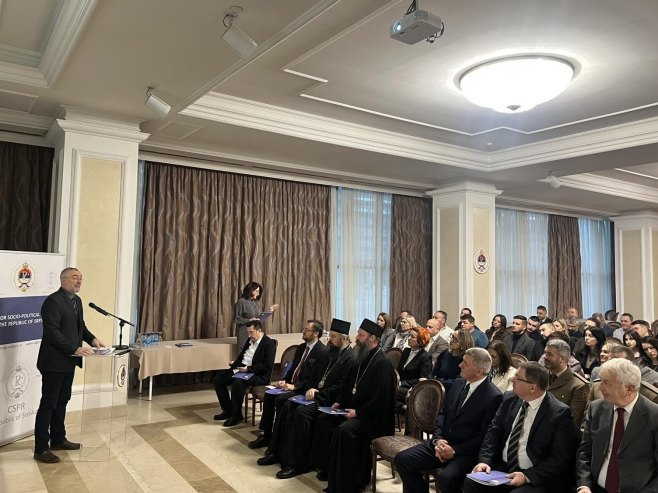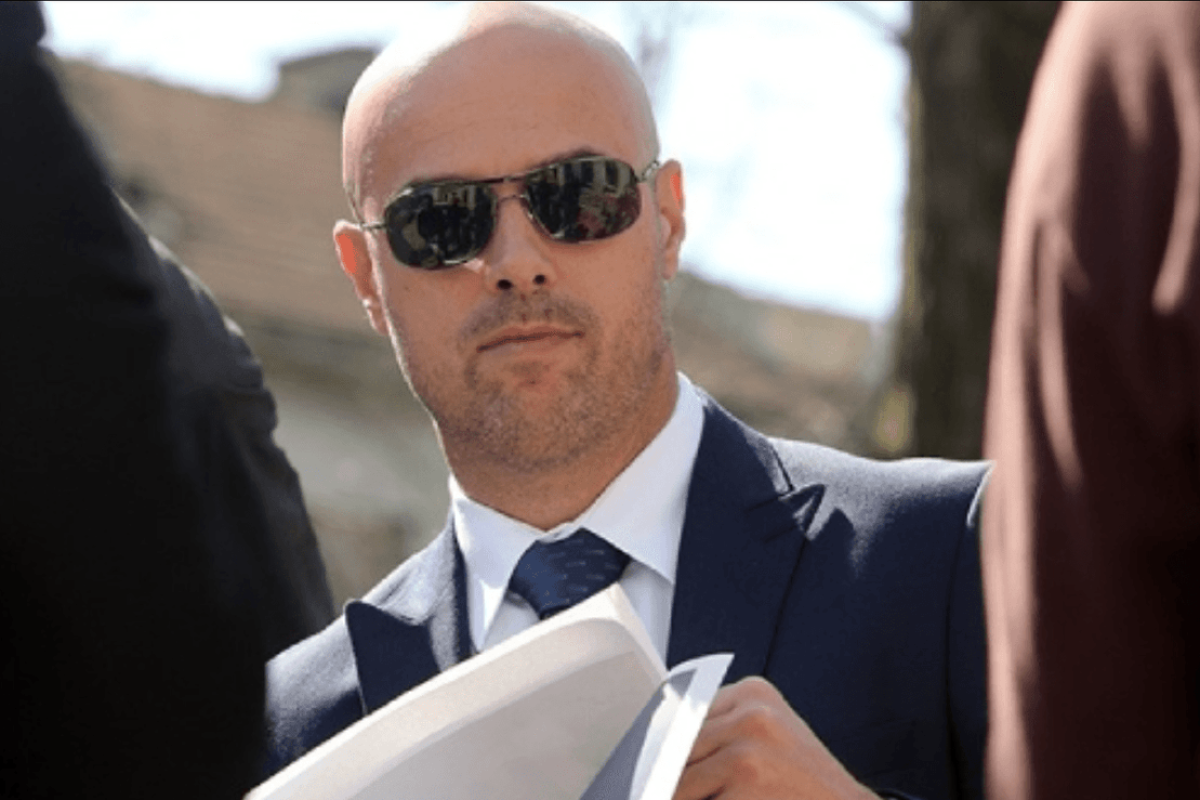Even Hitler had courts in Nazi Germany that sentenced hundreds of thousands of people to the guillotine for crimes of opposing him, legal expert Milan Tegeltija emphasized in his column.
We present the column in full:
Respecting court decisions arising from anti-democracy and dictatorship cannot be justified by the democratic principle of the rule of law.
Branko Perić’s oxymoron
Branko Perić, retired judge of the Court of Bosnia and Herzegovina and former president of the High Judicial and Prosecutorial Council of Bosnia and Herzegovina (HJPC BiH), stated two fundamental truths in his interview on N1 last night, both of which are absolutely correct.
The first truth he mentioned is that the current crisis was caused by Christian Schmidt, who had no right to impose amendments to the Criminal Code and thereby destroy the fundamental principles of democracy and democratic parliamentarism.
The second truth he pointed out is that this is a political crisis triggered by Schmidt, which must be resolved through political, rather than judicial mechanisms, as the latter cannot provide a solution.
However, after stating these facts, Branko then claims that despite all this, court and prosecutorial decisions made on the basis of anti-democracy must be respected because “any system is better than no system at all”?!
Branko Perić correctly and professionally identified the problem that led to the current crisis in Bosnia and Herzegovina by naming it precisely—Christian Schmidt. He described Schmidt’s unconstitutional legal amendments as anti-democratic and an annulment of parliamentarism and parliamentary democracy, stating that such actions belong to the 13th century, not the 21st.
Thus, Branko’s identification of the problem is accurate, rational, and correct. However, what he said afterward is completely wrong and essentially means accepting anti-democracy, dictatorship, and modern slavery.
Everything that has happened after Schmidt’s anti-democratic and unconstitutional act of imposing laws is merely a consequence that cannot be legitimized or legalized with Branko’s argument, “Any system is better than no system at all.”
No, such outcomes are, as criminal procedural law would put it—and as is relevant to this situation—the so-called fruits of the poisonous tree.
A system and court rulings that undermine democracy and fundamental democratic parliamentary rights, and in doing so, erode basic human rights and freedoms while introducing dictatorship (as Branko himself aptly described Schmidt’s decisions) cannot be the foundation of the modern principle of the rule of law, democracy, or judicial rulings.
Had Branko remained consistent with his own statements about Schmidt and the political crisis he created, he would have said this instead of engaging in what I would call judiciarism, because the rule of courts is not necessarily the rule of law.
Even Hitler had courts and prosecutors in Nazi Germany that sentenced hundreds of thousands of people in certain trials for crimes of opposing Hitler and his decisions—to the guillotine.
Is this what Branko means by “any system is better than no system at all”? Is this the rule of law simply because, after all, court and prosecutorial decisions must be respected, even if they stem from undemocratic decisions?
What is the principled difference, Branko, between that situation and the current one, if you are already calling Schmidt’s decisions anti-democratic and an annulment of parliamentary democracy more suited to the 13th rather than the 21st century?!
Source: RTRS









